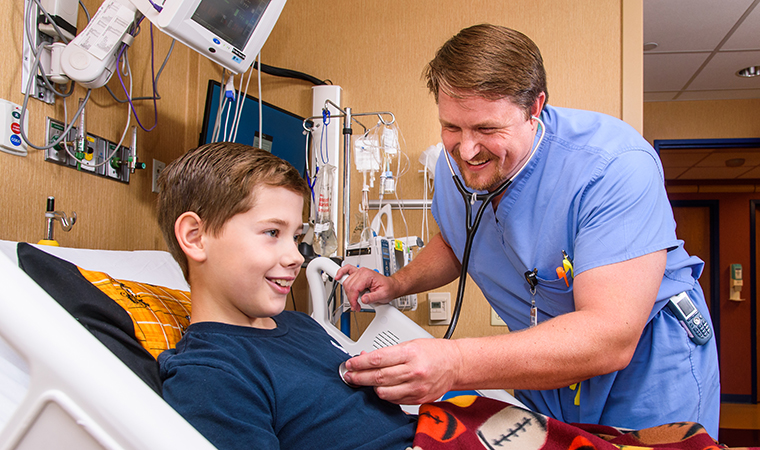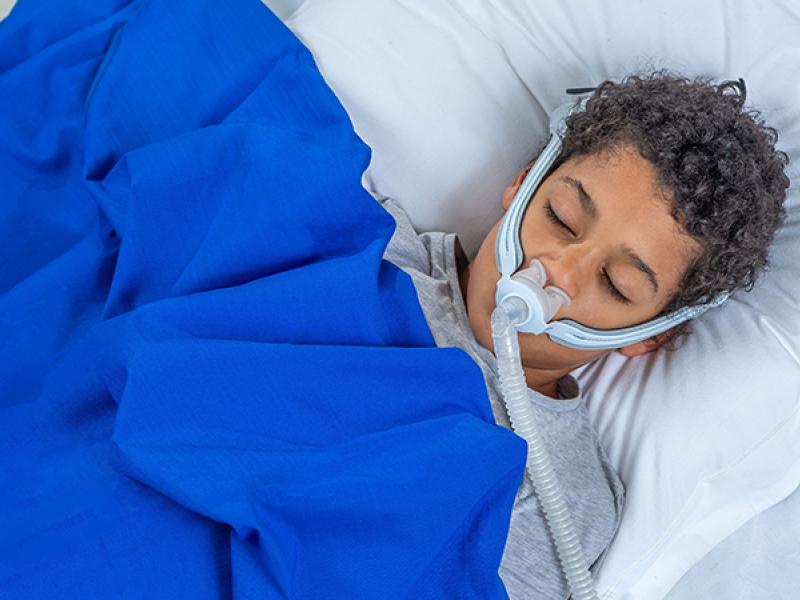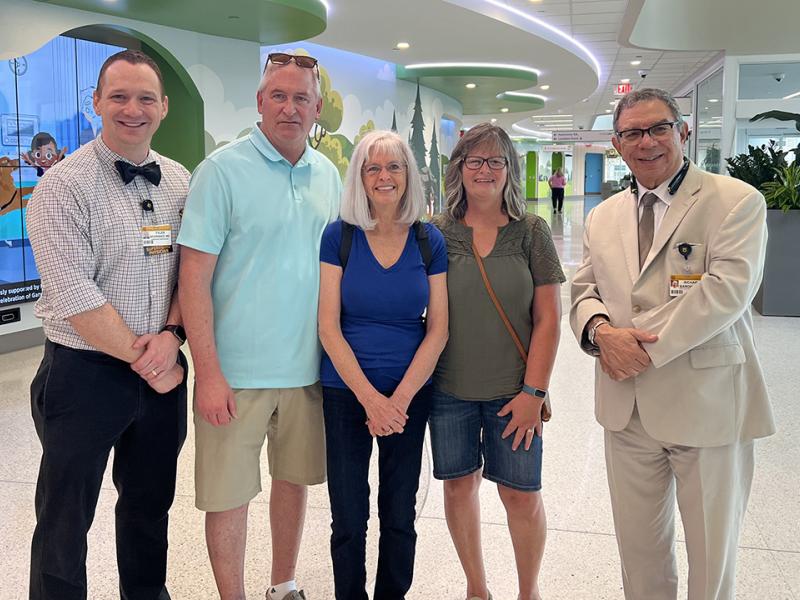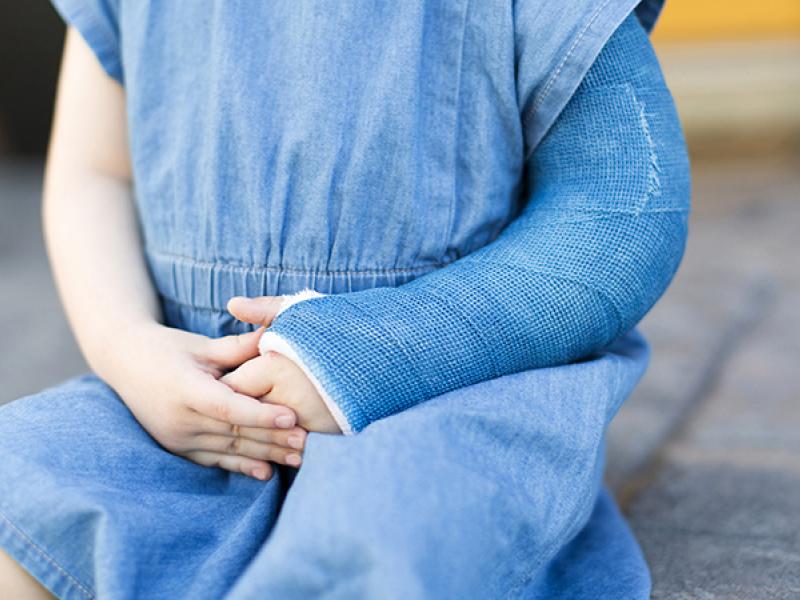
**Our program moved to a 3+1 X+Y schedule on July 1, 2024**
Current Resident Schedule
| PGY1 | PGY2 | PGY3 |
|---|---|---|
| Wards: 8 weeks days 4 weeks night float | Wards: 4 weeks days 3 weeks night float | Wards: 4 weeks days 2 weeks night float |
| Pulmonology: 4 weeks | NICU: 2 weeks days 2 weeks night float | NICU: 2 weeks days 2 weeks night float |
| SP Ambulatory Clinic: Included in Y week | SP Ambulatory Clinic: Included in Y week | SP Ambulatory Clinic: Included in Y week |
| Peds ER: 4 weeks | Peds ER: 4 weeks | Peds ER: Optional additional 4 weeks |
| WBN: 4 weeks | Heme/Onc: 4 weeks | WBN: 4 weeks |
| Development and Community Medicine: Included in Y week | PICU: 3 weeks days 1 week night float | PICU: 2 weeks days 2 weeks night float |
| CARE: Included in Y week | Adolescent Medicine: 4 weeks | Development and Community Medicine: Included in Y week |
| Elective: 16 weeks | Mental Health: Included in the Y week | CARE: Included in Y week |
| Vacation: 4 weeks | Elective: 13-14 weeks | Elective: 16-17 weeks |
| Vacation: 4 weeks | Vacation: 4 weeks |
Rotation Descriptions
Y Week
Our program moved to a 3+1, X+Y schedule on July 1, 2024. During their three "X" weeks, residents will spend time on inpatient, ICU, ED, or other electives. Residents will then have one "Y" week with dedicated time for their Continuity Clinic and "same day sick" clinic. Depending on their year of training, residents will also spend time in Adolescent Clinic, Developmental Pediatrics Clinic, and their CARE rotation during their "Y" week.
Continuity Clinic
Residents spend time in this clinic during their "Y" week each month. Our ambulatory training locations are South Providence Medical Park, located roughly four miles from Children’s Hospital, and Battle Avenue Medical Building, located roughly eight miles from Children’s Hospital. Residents see patients in an advanced integrated clinic with in-house laboratory, radiology, pharmacy, and social services. Our faculty are at the leading edge of integrating medical home interventions including post-partum depression screening, nutrition and activity education, MCHAT/ASQ screening tools, and multi-lingual health access videos.
Second Continuity Clinic
Upper-level residents have the opportunity to select a specialized track to focus their training and may choose a second continuity clinic based on their career interests for one half-day per week when on an elective rotation. This clinic is attended while on elective rotations and can be changed during residency. Options for this additional experience include all subspecialty clinics, an additional continuity clinic, or a local private pediatrician's office.
Wards
Our inpatient teams are led by experienced pediatric hospitalist who consistently engage in quality improvement projects, clinical research projects, and administrative leadership roles. Teaching on the wards occurs on family centered rounds, Noon Report on Thursdays, or during informal didactic sessions. Each ward team consists of a senior resident, 1-3 interns/sub-interns, and 1-2 3rd year medical students. Family medicine, anesthesia, and ER interns join us for this rotation. Residents on the wards are responsible for managing general pediatric patients and a combination of specialty patients such as those with cancer, cystic fibrosis, or eating disorders. Call is covered by a night float system for both interns and seniors.
PICU
Residents will learn to care for critically ill general pediatrics patients, complex post-operative patients and pediatric trauma patients under the supervision of our pediatric intensivist. Educational opportunities in the PICU consist of bed-side teaching, simulation experiences and mock codes. Residents do not rotate in the PICU until their second year in order to gain a year of experience in pediatrics before caring for critically ill children. Call is covered by a senior resident night float system.
NICU
Our NICU attendings are award-winning teachers who make this one of the most enjoyed, and busiest, rotations. Residents in the NICU have the opportunity to care for infants with complex medical and surgical conditions. They gain practical and procedural skills and confidence managing urgent conditions. Call is covered by a night float system which consists of both senior residents and Neonatal Nurse Practitioners.
Night Float
The night float experience allows residents to experience autonomy and to hone skills in initial patient diagnosis and management. The night float resident also gains triage skills by taking transfer calls from referring physicians in the community. The supervising attendings maintain close communication with the night float team and are available to see patients overnight as needed.
- NICU: 6pm – 6am
- Wards: 5pm – 6am
- PICU: 6pm – 6am
Well Baby Nursery
Interns complete NRP training during orientation before the first day of residency. During the Well Baby Nursery rotation, residents participate in deliveries with an attending or a Neonatal Nurse Practitioner and learn to manage the first hours of a newborn’s life. Residents become very experienced in procedures such as circumcisions, frenotomies, and resuscitations, well versed in routine newborn education, and recruit families for their continuity clinics.
ER
In the emergency room, residents are the first physician contact for a variety of pediatric emergencies and are supervised by Pediatric Emergency Medicine specialists. Residents are able to gain critical triage skills, procedural skills including splinting, casting, and suturing, and airway interventions.
SP Ambulatory Clinic
Our “same day sick” clinic at South Providence Medical Park is an opportunity for residents to master the evaluation of common childhood illnesses and concerns in addition to learning to manage a clinic service as a senior. Residents spend time in this clinic during their "Y" week each month. In addition, PGY-3's have the option of spending 4 extra dedicated weeks in this clinic instead of the ER rotation. With in-house laboratory, radiology, and pharmacy residents can complete a work-up and determine disposition for their patients. Family medicine residents and psychiatry interns join us on this rotation in addition to 3rd year medical students.
Developmental Pediatrics
PGY-1 and PGY-3 residents on their "Y" weeks spend time with developmental-behavioral pediatricians, general pediatricians, psychologists, and other clinicians in serving children with special needs at the Thompson Center for Autism & Neurodevelopment. The Thompson Center is a national leader in confronting the challenges of neurodevelopmental disorders with over 13,000 patient visits annually, and its mission is to improve the lives of individuals and families affected by autism spectrum disorder and neurodevelopmental disorders through world class programs that integrate research, clinical service delivery, education and public policy. Residents will have experiences in the general developmental pediatrics clinic, diagnostic clinic, Down Syndrome clinic, NICU follow up, and Cerebral Palsy clinic. There may be additional clinical opportunities in 22q11 clinic and craniofacial clinic and interested residents may also get a chance to observe an Applied Behavior Analysis clinic.
There is a fellowship program in developmental-behavioral pediatrics at the University of Missouri as well. Residents interested in applying to the fellowship program are encouraged to do advanced elective rotations and/or a continuity clinic at the Thompson Center.
Community Block (CARE)
PGY-1 and PGY-3 residents on their "Y" weeks spend time learning about resources available to pediatric patients in the Columbia. Examples include spending time at the local health department, the state legislature, local day cares, Head Start, Habitat for Humanity and riding along with a DARE officer in the Columbia Police Department. This option is also available as an international medicine rotation at the discretion of the program directors.
Adolescent Medicine
PGY-2 residents on their "Y" weeks spend time with board-certified adolescent specialists in a variety of clinical settings taking care of the young adult patient. Topics discussed and reviewed include eating disorders, ADHD, adolescent sexuality, and risky behaviors. Residents have the option of a second clinic experience in adolescent medicine.
Mental Health
PGY-2 residents on their "Y" weeks spend time working at the MU Child Psychiatry Clinics which includes a mental health outreach program at the local school districts. They are also able to spend time with our dedicated inpatient psychologists at the University Hospital.
Additional Electives
Residents have a wide variety of electives to choose from including:
- Allergy/Immunology
- Anesthesiology
- Away rotations
- Cardiology
- Child Abuse/Neglect
- Child Psychiatry
- Dermatology
- Endocrinology
- ENT
- Gastroenterology
- Genetics
- Hematology/Oncology
- Infectious Disease
- Lactation
- Nephrology/Urology
- Neurology
- Ophthalmology
- Orthopedics
- Pediatric Surgery
- Pediatric Radiology
- PM&R
- Pulmonology
- Research
- Sedation service





